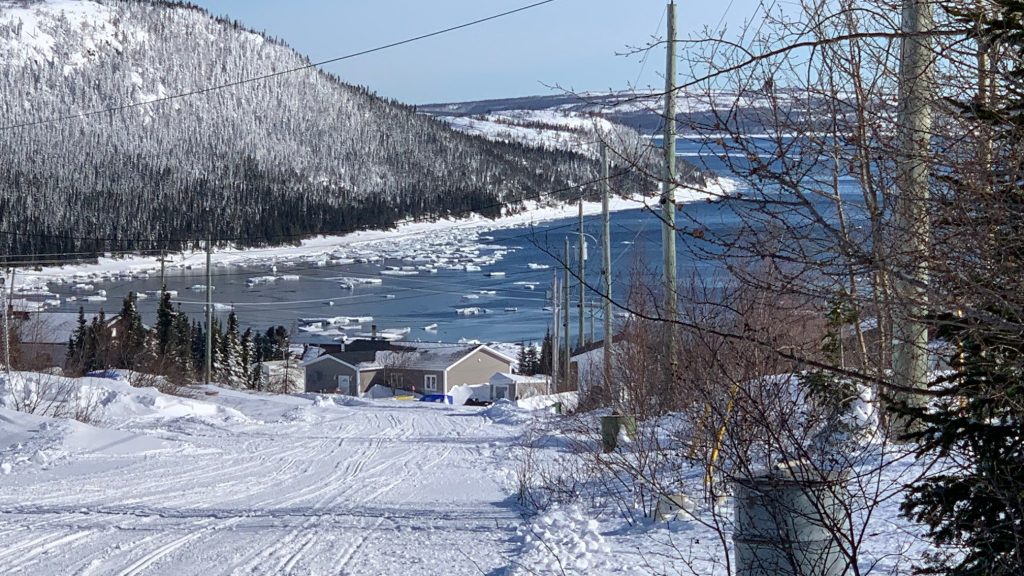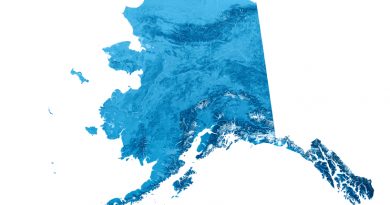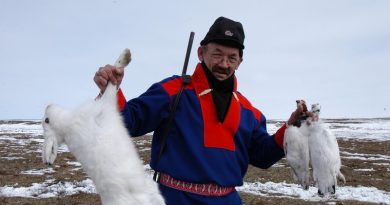Labrador Inuit communities get funds to combat climate change’s food security impact

Labrador Inuit communities will get funding to help mitigate the impacts of climate change on food security in their regions.
In all $86,000 will be contributed to helping fill up the food banks and freezers in Nunatsiavut’s five communities.
Nunatsiavut is the Inuit region of the Atlantic Canadian province of Newfoundland and Labrador. It’s some to the southernmost Inuit communities in the world, which are experiencing some of the most extreme impacts of climate change on their traditional hunting culture.
Not only is sea ice often no longer thick enough to hunt and travel on, but animal and traditional hunting patterns have also been disrupted.
“Recognizing the impacts of climate change on the availability of traditional foods and the high cost of store-bought food, we have directed these funds to bolster food banks and community freezers,” First Minister and (Acting) Health and Social Development Minister Melva Williams said in a statement on Monday.

The funding comes from Indigenous Services Canada and will help mitigate the rising costs associated with unpredictable weather and associated hunting disruptions that have made it harder for locals to access healthy food.
In past years, similar funding helped locals buy boats, supported land-based activities to harvest country food and been used to acquire greenhouses.
- Nain $36,000
- Hopedale $29,000
- Makkovik $9,000
- Postville $7,000
- Rigolet $14,000
Williams said the aim is to ensure that families—especially the most vulnerable—have consistent access to healthy food no matter what the weather or the cost of groceries.
“This initiative aims to ensure that our most vulnerable populations have access to nutritious food despite the challenges posed by weather and transportation issues,” she said.
Comments, tips or story ideas? Contact Eilís at eilis.quinn(at)cbc.ca
Related stories from around the North:
Canada: External review of Nutrition North food subsidy program possible, minister says, CBC News
Finland: One in 10 Finnish families with young children dealing with food insecurity: survey, Yle News
United States: New farm bill program aims to fight food insecurity in Alaska, Alaska Public Media



